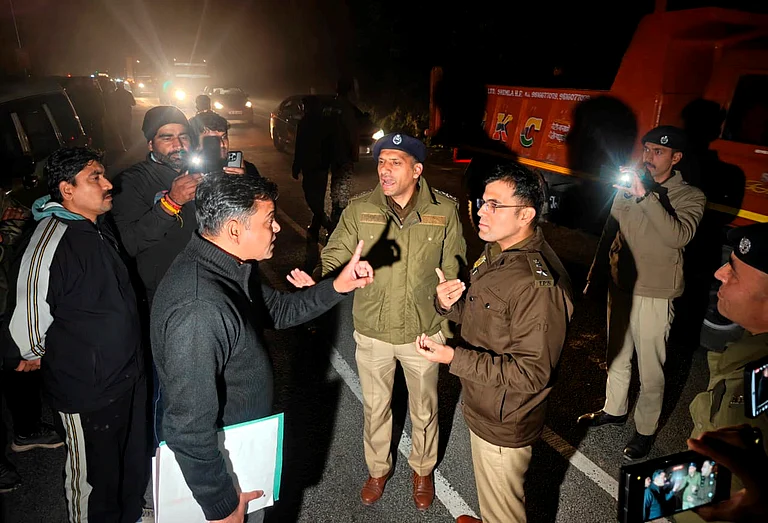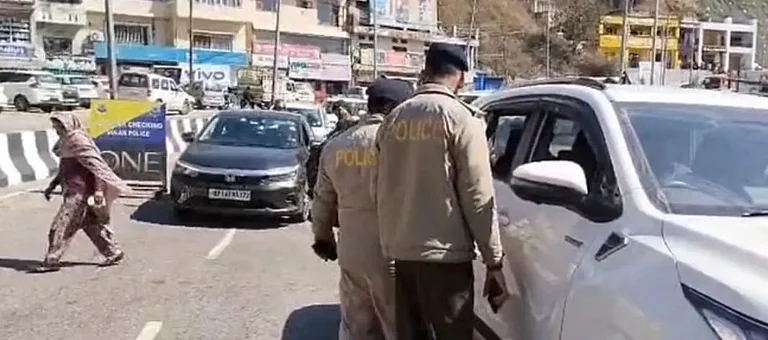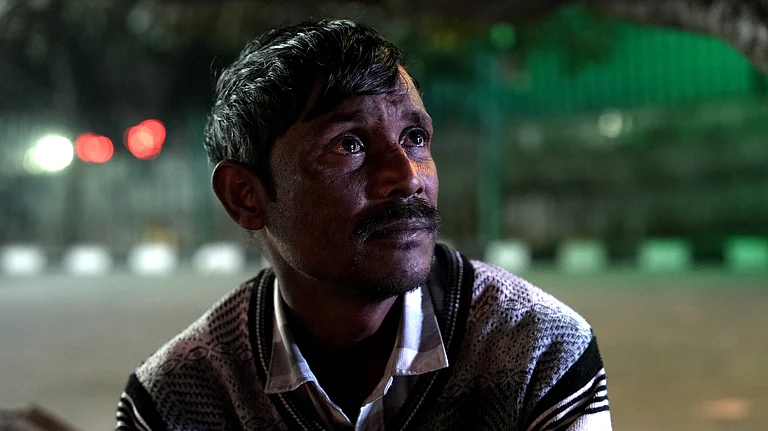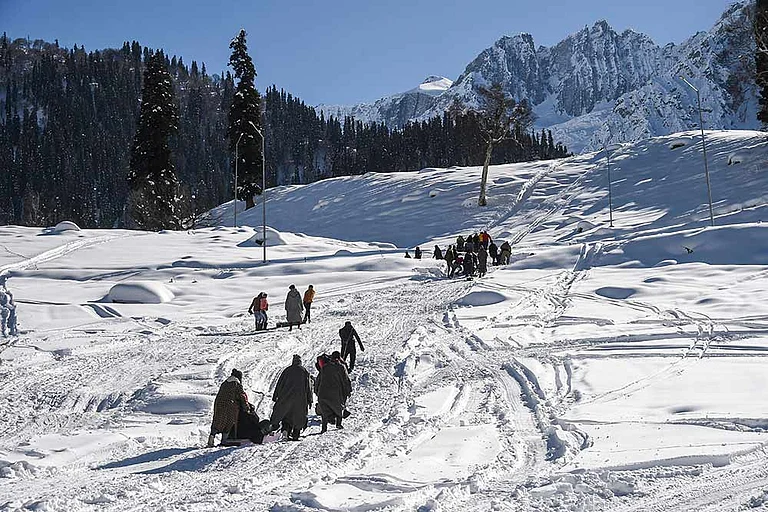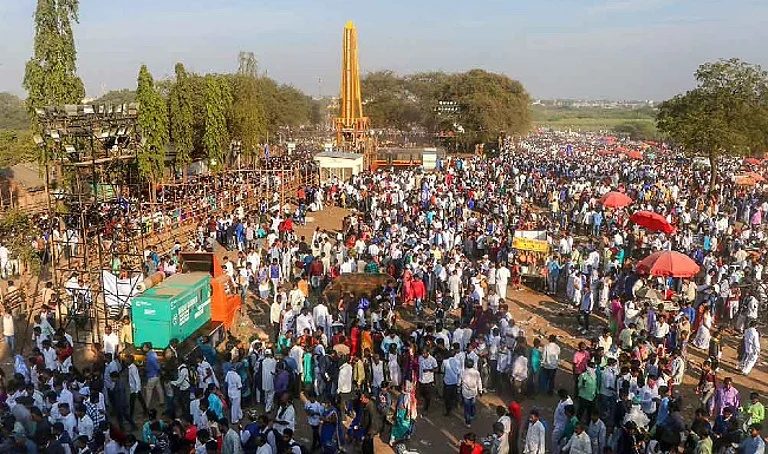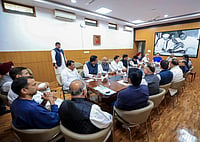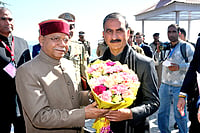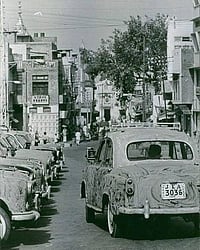
Summary of this article
A 12-year-old Dalit boy died by suicide in Himachal’s Rohru after he was allegedly beaten up, humiliated and confined to a cowshed for “polluting” the house of the accused, an upper caste woman
The accused was first booked only under abetment to suicide and wrongful confinement. Later, two Sections of the SC/ST Act were added to the FIR
The incident has now fractured Limbda and nearly a dozen neighbouring villages, splitting them along caste lines
The quiet suburban town of Rohru in the heart of Shimla’s apple belt finds itself in the midst of an unsettling social crisis—one that is threatening to expose the fragile caste divide that has thrived beneath the hills for decades.
On September 16, a Class 6 student from the Koli Dalit community in Limbda village—a small hamlet where 18 of the 21 houses belong to the Schedule Caste families—had gone to purchase grocery items from a shop run by Pushpa
Devi, who belongs to the upper-caste Rajput community. The three Rajput families in the village have been living here for a long time.
Since no one was present at the shop, the boy entered the adjoining house looking for someone who would be able to help him. Pushpa Devi, the resident, caught hold of him and allegedly accused him of stealing. She and the other neighbours reprimanded him. Pushpa Devi accused the boy of “polluting” the house. She allegedly humiliated him and beat him up.
She, then, reportedly, locked up the boy in a cowshed nearby and threatened him that he would not be freed till his parents brought a goat as a sacrifice to “purify” her home. The child managed to escape, fled from the scene and ran to his home. He told his mother everything, who went to her relatives to seek help. In the meantime, worried how his poor parents would be able to afford a goat for sacrifice, the boy allegedly consumed a poisonous substance. He was rushed to a nearby hospital and later shifted to the Indira Gandhi Medical College (IGMC) hospital, Shimla, but he died two days later.
Pushpa Devi was first booked only under abetment to suicide and wrongful confinement. On September 26, two Sections of the SC/ST Act were added to the FIR. By then, she had already obtained interim bail from the Himachal Pradesh High Court on September 25. The court has reserved its order on Pushpa Devi’s bail.
Limbda and the neighbouring villages have been on edge since the boy’s death. The villagers are cautious about outsiders and strangers. The presence of Criminal Investigation Department (CID) personnel is adding to the tension. The tragic incident has now fractured Limbda and nearly a dozen neighbouring villages, splitting them along caste lines. The death has unintentionally exposed the underlying hostilities and deep-rooted caste discrimination that are often concealed for harmonious living in the hills, where the upper castes practice untouchability, especially in remote villages.
While the 14-page status report of the Himachal Pradesh police confirms that forensic evidence indicated that the boy broke out of the cowshed through an iron mesh window and that caste-based divisions exist in the village, in response to Pushpa Devi’s arrest under the SC/ST Act, Rajput-dominated neighbouring villages came together to form the Swaran Samaj on September 28, two days after the Act was invoked.
Dalit leaders have particularly raised their voice against the incident, seeking exemplary action by the police and also the filing of a case against the accused under the SC/ST Act. They are also asking for steps to end caste discrimination.
Joining them is former CPM MLA Rakesh Singh, who led a massive protest/rally in Shimla after visiting the victim’s family, demanding not only legal action but also a humanitarian solution to the deep-rooted caste system in the state. “Justice should be done to the family, and the matter should be probed at the highest level, impartially,” he said
after the protest. Soon after, the Swaran Samaj leaders also held protests at Rohru, accusing a handful of miscreants of trying to exploit the situation to score political points. “They are trying to disrupt the harmony. The Dalits and upper castes have lived happily for decades. There have never been any conflicts until now,” they claimed. Meanwhile, the police confirmed that they are conducting an investigation and examining all possible angles. “We will ensure the probe is fair, impartial, and transparent,” said SSP Shimla Sanjeev Gandhi, urging both sides to trust the process and avoid unnecessary tension.
But why has caste discrimination overshadowed the death by suicide of a minor, that too in a state that has recently been declared fully literate?
“To be literate also means to be mentally literate. In that sense, Himachal Pradesh is still backward. Looking at the incidents of casteism that have taken place from Kullu to Rohru, do you believe that the state has become fully literate? Here, inequalities remain deeply embedded in mindsets. Society or state that continues to harbour such prejudices, despite its educational progress, is still mentally illiterate,” wrote author and Dalit writer S.R. Harnote on social media after the recent incident. Harnote, through his literary works, has been hitting out at caste discrimination in Himachal Pradesh.
Rohru, which was also represented by six-time former Chief Minister Virbhadra Singh, has indeed witnessed a huge expansion of the education and health facilities, apart from road infrastructure and apple prosperity. But the incident has polarised communities that once coexisted.
The authorities have deployed additional police to prevent any escalation. “Local communities are conscious of the region’s political sensitivity and are urging restraint. Caste-based mistrust has grown during the past few days due to actions of some vested interests on both sides,” says Narinder Chauhan, a local journalist.
The incident has also sparked introspection about equality, dignity, and justice in the hills—reminding many that true progress must include social harmony, alongside economic growth, admits a former Congress minister. “The incident is extremely unfortunate, and the government has taken it very seriously,” says Naresh Chauhan, Principal Adviser (media) to Chief Minister Sukhwinder Singh. He claims that the Chief Minister has asked the Scheduled Caste Commission and the police to look into it very seriously and bring out the facts as soon as possible.




